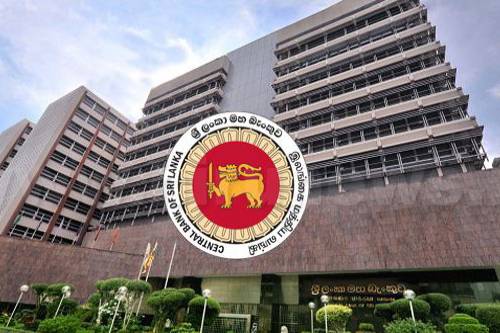The Central Bank is now strengthening the resolution framework and safety net mechanism for financial institutions.
It is in the process of drafting a comprehensive Resolution Framework to cover all financial institutions supervised by the Central Bank.
In addition to initiatives that have been already taken to resolve distressed and high risk companies, the proposed Resolution Framework envisages several measures beyond mere cancellation of license.
The Central Bank will be continuing the compensation payments to the insured depositors of Member Institutions of the Sri Lanka Deposit Insurance and Liquidity Support Scheme (SLDILSS).
It has initiated developing a comprehensive data transfer system to obtain depositor-wise data to the Deposit Insurance Unit, and improving the effectiveness of compensation payment mechanism.
Also, the Central Bank will initiate necessary legal action against unauthorised deposit taking institutions and 27 prohibited schemes, while taking measures to broaden public awareness on the consequences of engaging in unauthorised financial activities.
The Licenced Finance Companies (LFCs) and specialised leasing companies (SLCs) have recorded listless performance throughout last year.
The non-performing loan (NPL) ratio of the LFC sector edged up to 9.8 percent in October last year, from 9.69 percent in September.
The sector’s profitability slumped to Rs.4.7 billion during the first half of last year, compared to Rs.11.2 billion during the corresponding period in 2018, amid the rising interest expenses, sluggish loan growth and significant uptick in loan loss provisions.
“Negative credit growth, declining profitability and an increase in non-performing loans are seen as some of the sector characteristics.
Subdued economic growth and commercial activities impacted by the Easter Sunday attacks and political instability ahead of the presidential election, mainly contributed to this dismal performance,
(LI)

